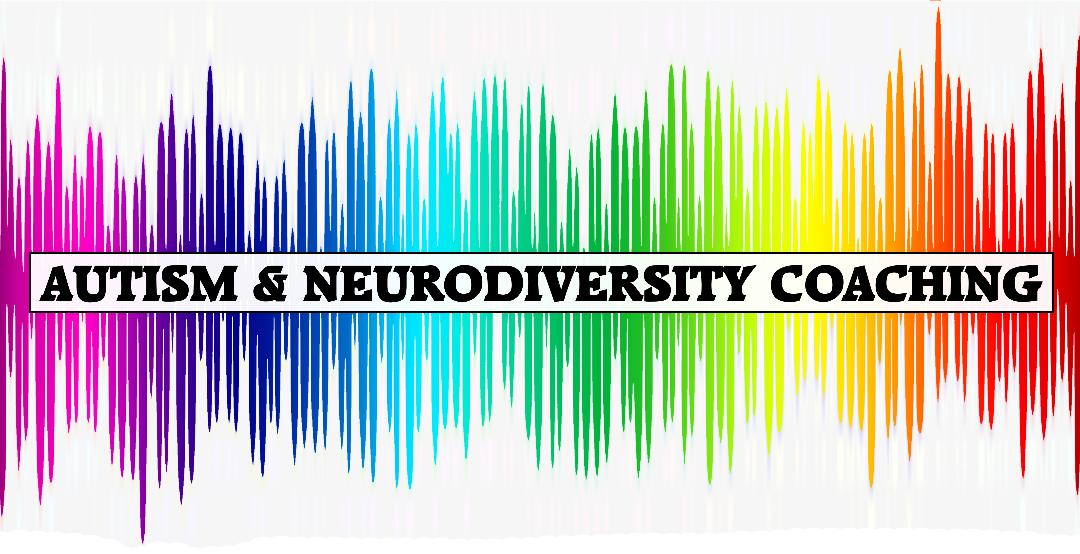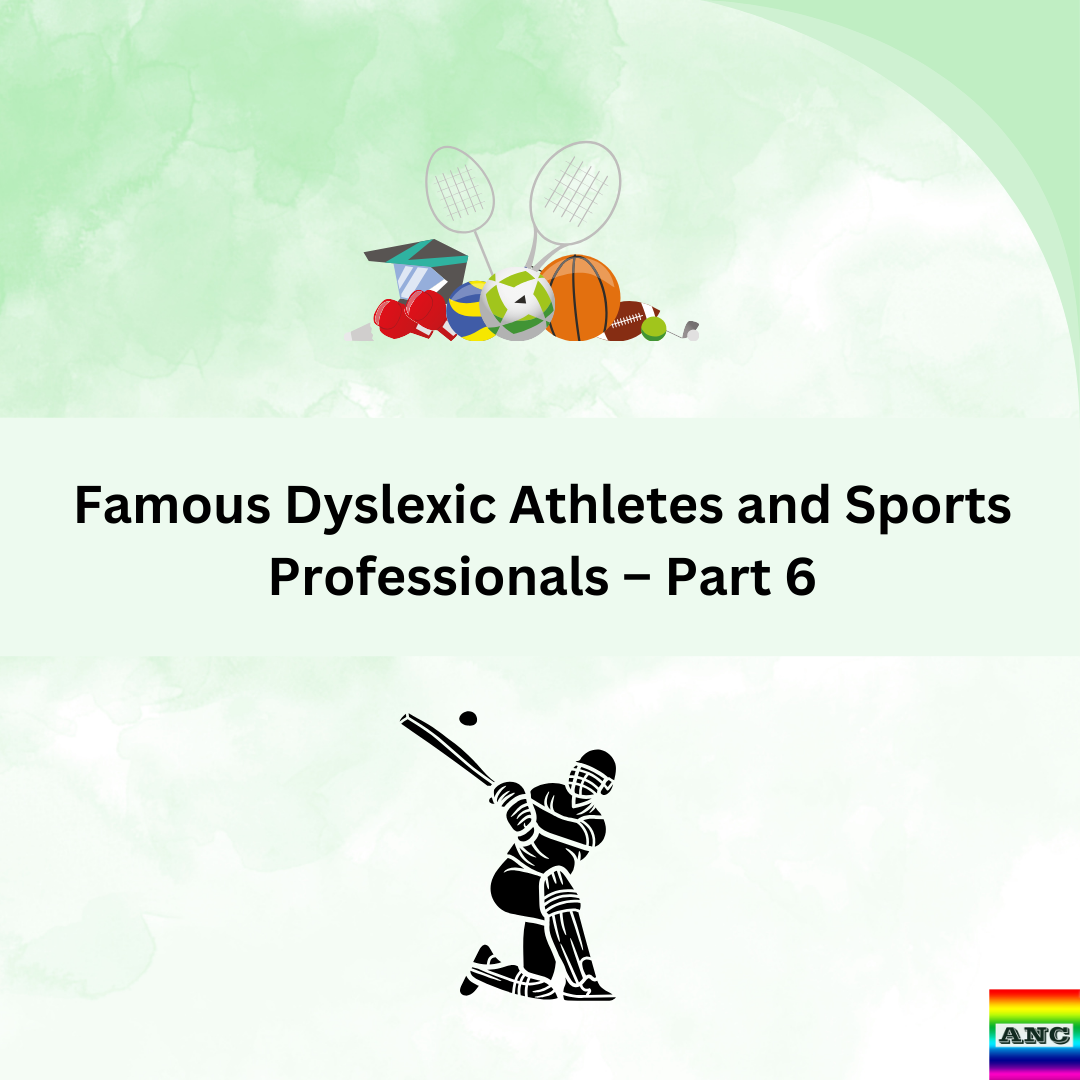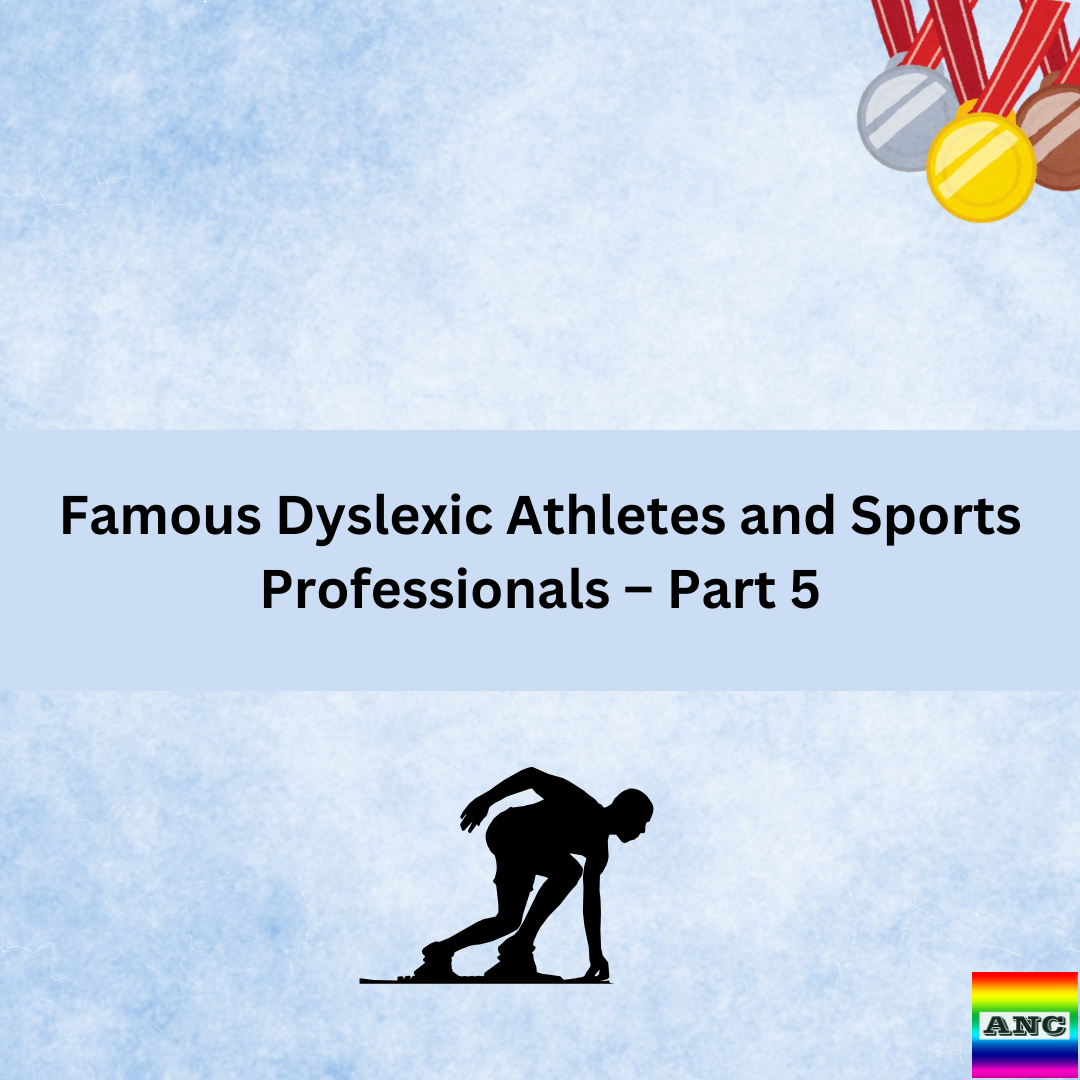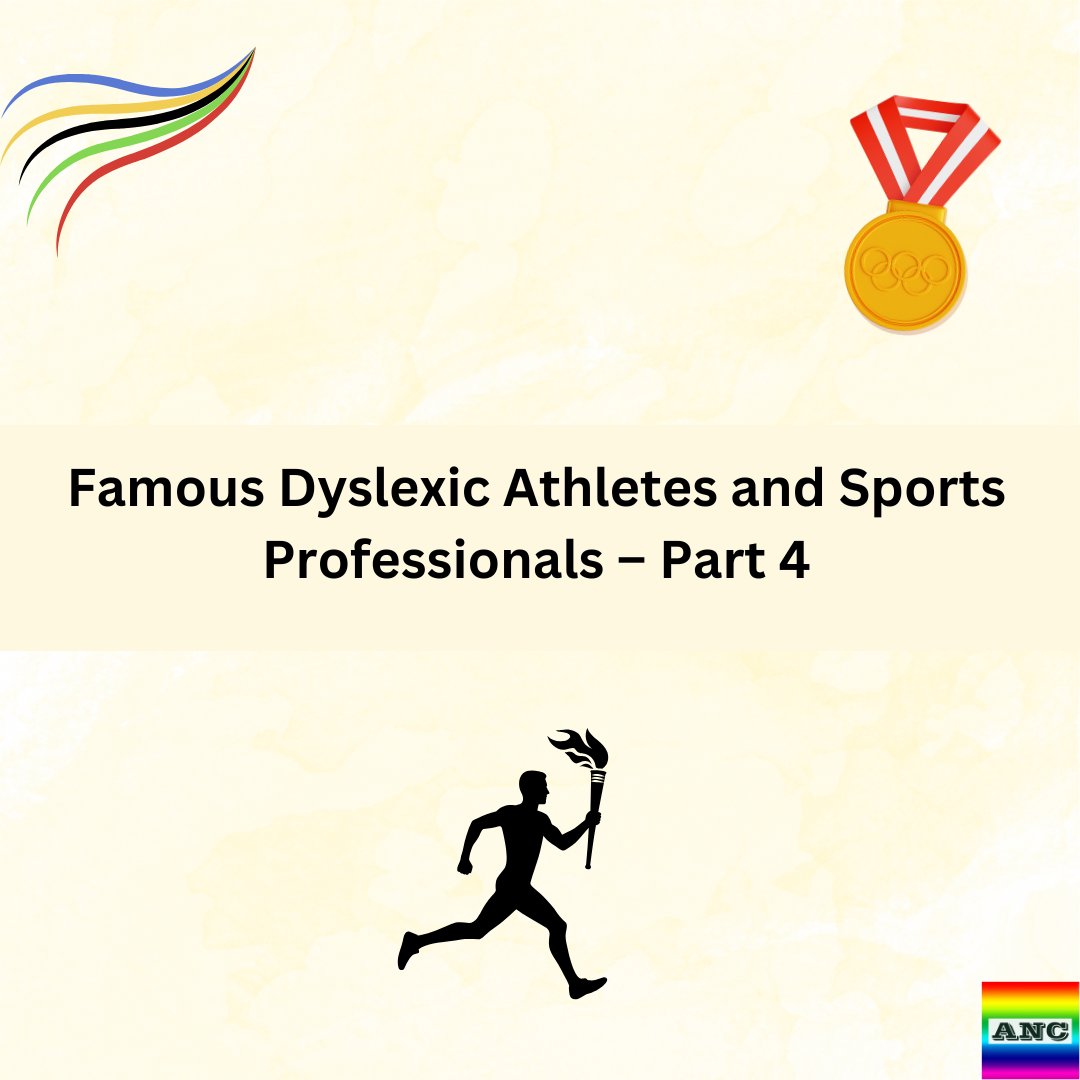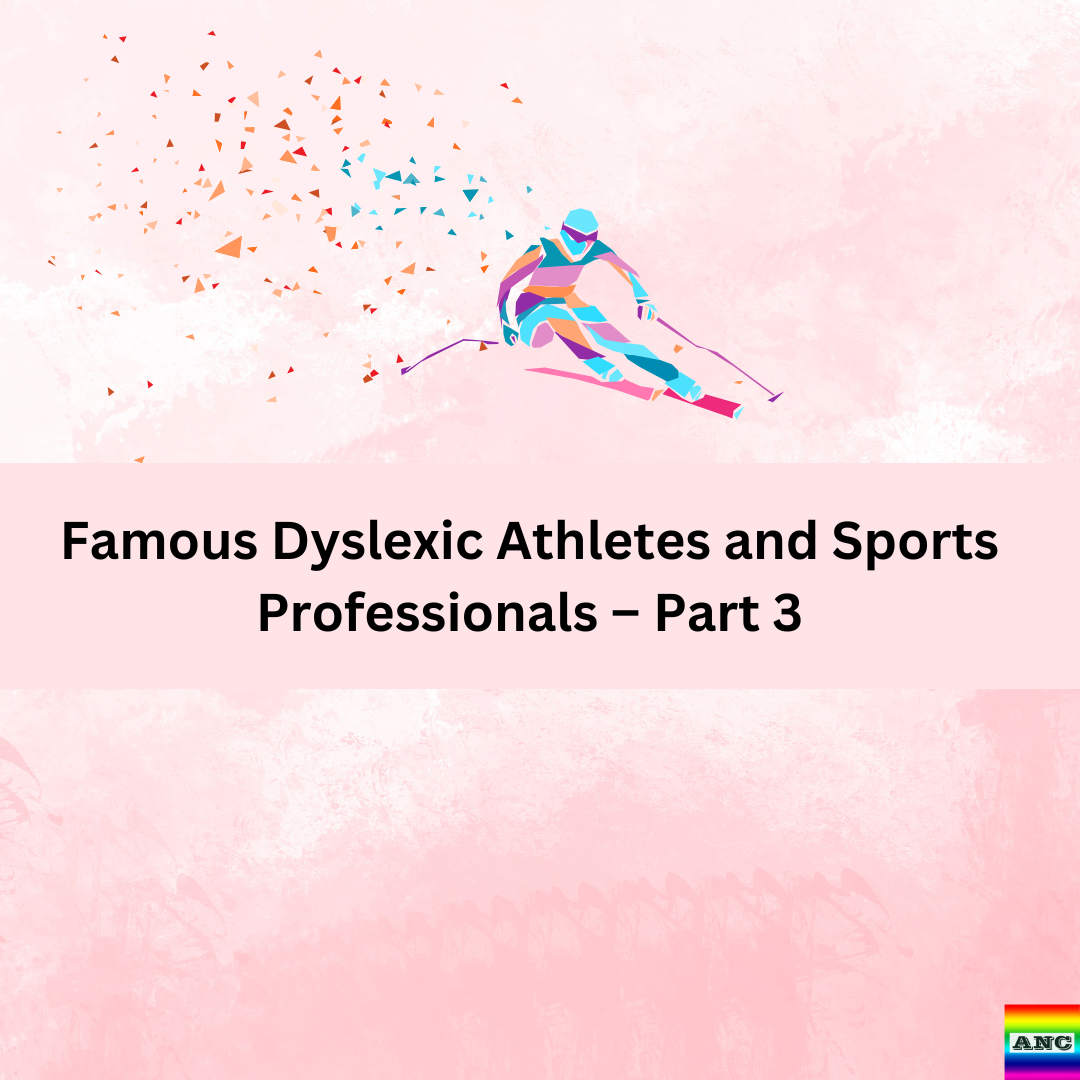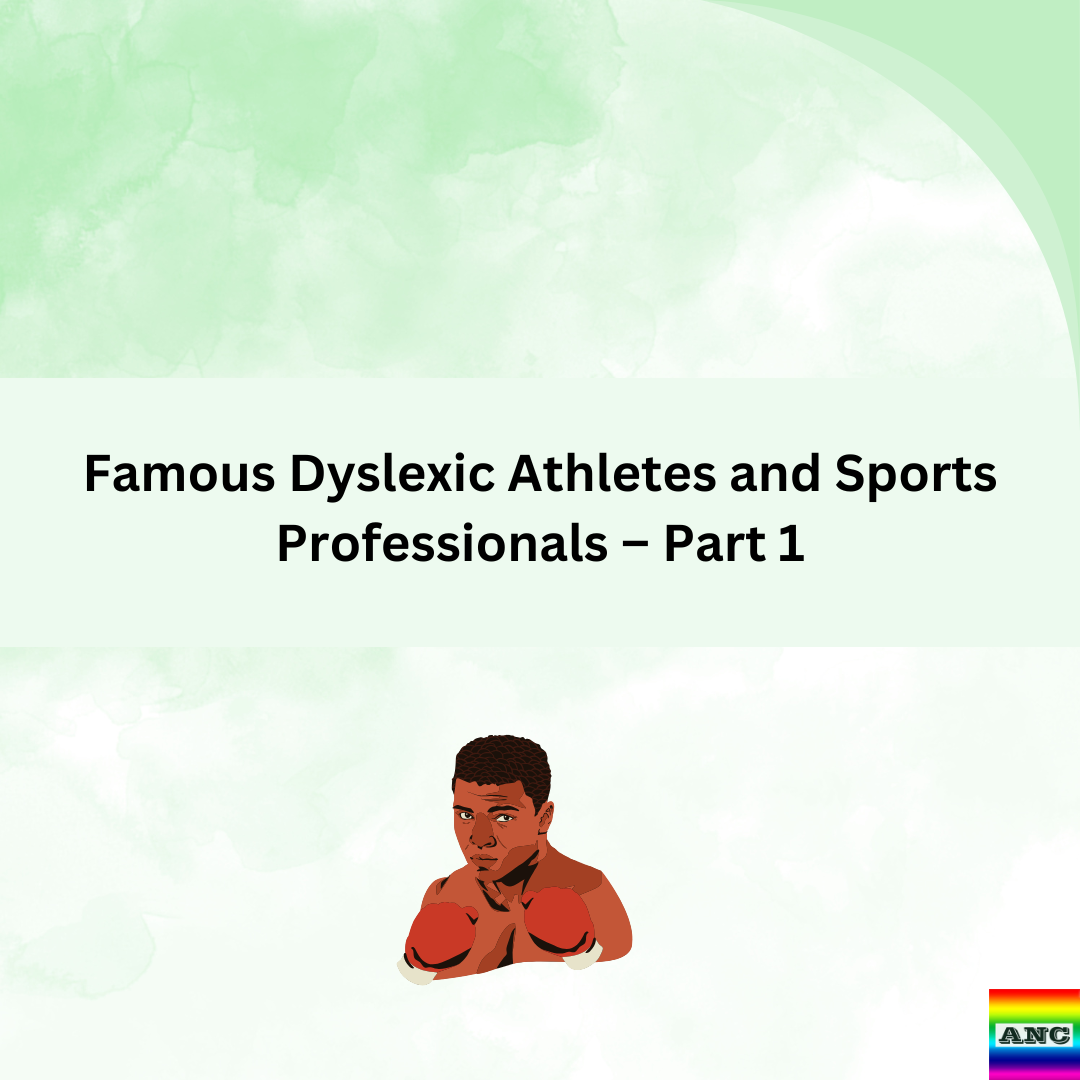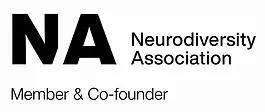Dyslexic Athletes Who Have Thrived in Sports

Several world-renowned athletes have dyslexia, proving that the condition does not hold them back—it drives them forward. Here are a few examples of athletes who have harnessed the strengths associated with dyslexia:
· Michael Phelps – The most decorated Olympian of all time with 23 gold medals, Phelps has openly discussed his struggles with dyslexia growing up. His relentless focus and ability to adapt under pressure have been crucial to his dominance in the pool.
· Tim Tebow – A former NFL quarterback and two-time NCAA football champion, Tebow's dyslexia pushed him to develop exceptional leadership and problem-solving skills. His ability to adapt and his work ethic have made him successful on and off the field.
· Magic Johnson – An NBA legend, Johnson’s dyslexia didn’t prevent him from becoming one of the greatest basketball players of all time. His vision on the court and ability to think quickly under pressure helped him lead his teams to multiple championships.
· Caitlyn Jenner – Before her public transition, Caitlyn Jenner (formerly Bruce Jenner) won the Olympic decathlon in 1976. She has spoken about how dyslexia made her more determined and focused, qualities that helped her succeed in one of the most challenging sports.
Changing the Narrative around Dyslexia and Sports
As awareness grows about the strengths that dyslexia can bring, more coaches and sports organisations are beginning to see the value in embracing neurodiversity. Supporting athletes with dyslexia by understanding their learning styles and strengths can lead to a richer, more inclusive sports environment.
For instance, providing dyslexic athletes with visual learning aids, offering clear and concise instructions, and encouraging their creative problem-solving abilities can help them thrive. The goal should be to recognise dyslexia not as a barrier but as a different approach to learning and excelling in sports.
Dyslexia as a Strength, Not a Setback
The narrative around dyslexia is shifting. No longer viewed solely as a learning disability, dyslexia is increasingly recognised for the unique strengths and advantages it can bring—especially in the world of sports. From spatial awareness and intuition to creativity and resilience, dyslexic athletes are proving that their differences are powerful assets.
By embracing neurodiversity in sports, we can unlock the potential of dyslexic athletes, allowing them to shine on the field, in the gym, or on the court. Dyslexia, far from being a hindrance, is an underappreciated superpower that, when nurtured, can lead to extraordinary achievements in the sporting world.

